- IDP China>
- 课程库>
- 工程与技术>
- 工程>
- 机械工业>
- Bachelor of Science Mechanical Engineering/Master of Engineering in Mechanical Engineering
Bachelor of Science Mechanical Engineering/Master of Engineering in Mechanical Engineering

学历文凭
Combined Baccalaureate and Master's Prog

专业院系
Department of Mechanical Engineering

开学时间

课程时长

课程学费

国际学生入学条件
Generally, this includes 4 years of English, 3-4 years of mathematics, 2-3 years of science, and 3 years of social studies and/or history.
Specific math and science requirements and other recommendations 3 years of math required, pre-calculus recommended.
Submit an official high school transcript.
TOFEL- 79
IELTS- 6.5
IDP—雅思考试联合主办方

雅思考试总分
6.5
- 雅思总分:6.5
- 托福网考总分:79
- 托福笔试总分:160
- 其他语言考试:PTE Academic 58
CRICOS代码:
申请截止日期: 请与IDP联系 以获取详细信息。
课程简介
相关申请
 预科
预科 奖学金
奖学金 实习机会
实习机会 在校学习
在校学习 跨境学习
跨境学习 校园授课-线上开始
校园授课-线上开始 在线/远程学习
在线/远程学习
开学时间&学费
学费信息仅供参考,请与IDP联系以获取详细信息
| 开学时间 | 时长 | 学费 | 地点 |
|---|
学校排名

世界排名601
数据源:
泰晤士高等教育世界大学排名
本校相关课程
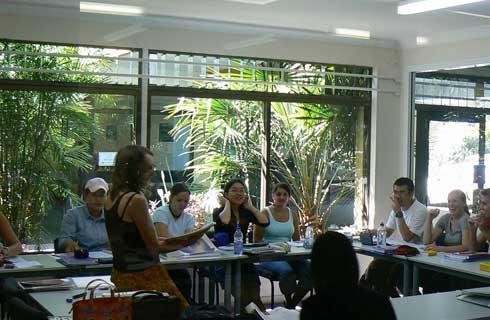
土木工程技术理学学士
学历文凭
Bachelor Degree
开学日期
课程费用总额


计算机工程技术理学学士
学历文凭
Bachelor Degree
开学日期
课程费用总额

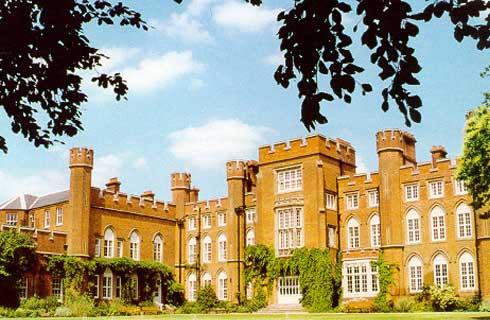
电气工程技术科学学士学位
学历文凭
Bachelor Degree
开学日期
课程费用总额

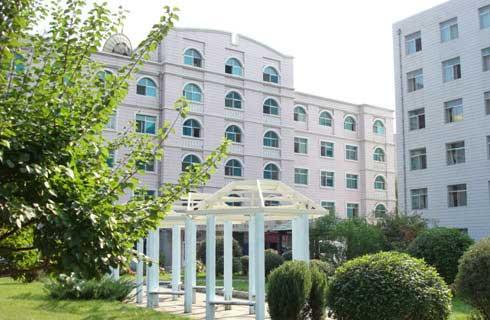
机电工程技术理学学士
学历文凭
Bachelor Degree
开学日期
课程费用总额

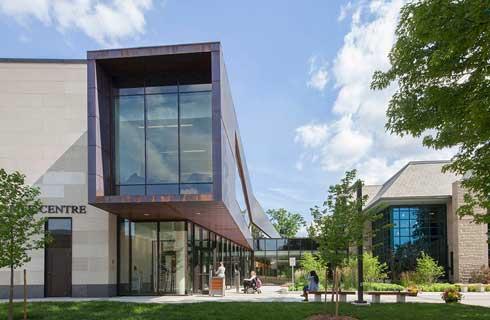
Bachelor of Science in Environmental Sustainability, Health and Safety (Co-op)
学历文凭
Bachelor Degree
开学日期
课程费用总额


机械工程技术科学学士学位
学历文凭
Bachelor Degree
开学日期
课程费用总额

其他相关课程

机械与工业工程哲学博士
 多伦多都会大学
多伦多都会大学学历文凭
Ph.D.
开学日期
课程费用总额


Master of Science in Mechanical Engineering - Material Science
 东北大学
东北大学学历文凭
Masters Degree
开学日期
课程费用总额

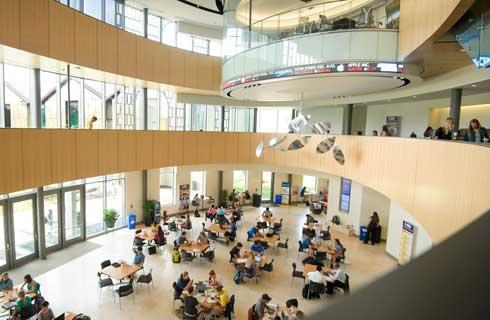
Bachelor of Science in Mechanical Engineering
 利普斯科姆大学-国际学习中心(StudyGroup)
利普斯科姆大学-国际学习中心(StudyGroup)学历文凭
Bachelor Degree
开学日期
课程费用总额


机械工程学学士学位
 孟菲斯大学
孟菲斯大学泰晤士高等教育世界大学排名:1173
学历文凭
Bachelor Degree
开学日期
课程费用总额

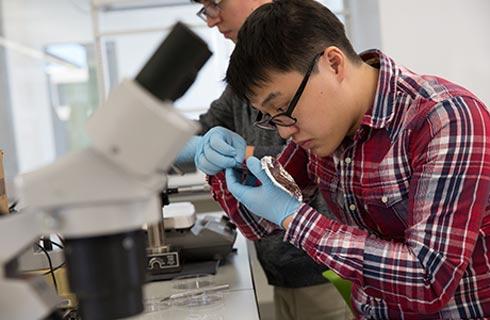
Doctor of Philosophy in Mechanical Engineering - Fluid Power
 明尼苏达大学双城分校
明尼苏达大学双城分校学历文凭
Ph.D.
开学日期
课程费用总额

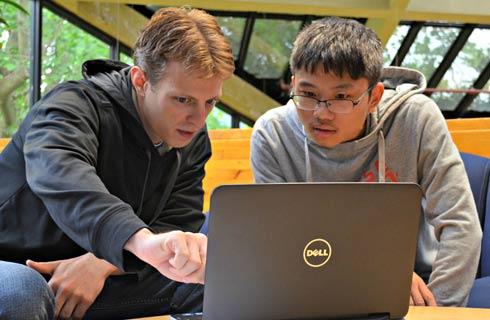
机械工程理学硕士
 罗伦斯科技大学
罗伦斯科技大学学历文凭
Masters Degree
开学日期
课程费用总额











